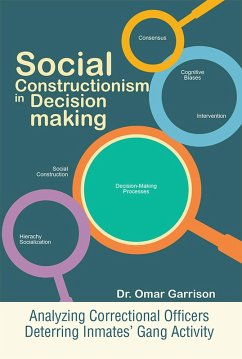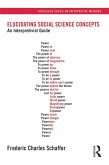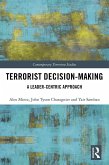Correctional officers lack consensus on an agreed upon definition of what constitutes institutional gang practices to enforce zero-tolerance policies for gang activity. The lack of consistency in enforcing such a policy has serious consequences for the physical safety of both inmates and officers in correctional environments. However, little research exists about their decision-making processes to enforce a zero-tolerance policy for gang activity. A social-construction framework guided this study. The research question explored the correctional officers decision-making processes to identify gang practices and enforce the zero-tolerance policy for gang activity. Using a phenomenological design, data analysis involved (a) an analysis of the lived experiences of six purposefully selected officers in enforcing the policy and (b) a differentiation between their awareness of group threats and nonthreats. The semi-structured interview guide consisted of open-ended questions to identify cognitive biases in their decision-making that revealed use of confirmation bias, cognitive dissonance, and groupthink. An interactive and inductive cycle with member checking revealed that officers conformed to institutional socialization (i.e., they internalized their centers traditional norms and practices). In turn, this systemic process affected their personal judgments related to recognizing, agreeing to, and enforcing the zero-tolerance policy. Recommended was the creation of an awareness program to guide correctional personnel in identifying personal biases and making choices that are more rational in their decision making. The social change implications of this study highlights the importance of understanding the complexity of decision-making, controlling the effects of personal biases, and designing effective ways to build consensus among correctional staff.
Dieser Download kann aus rechtlichen Gründen nur mit Rechnungsadresse in A, D ausgeliefert werden.









